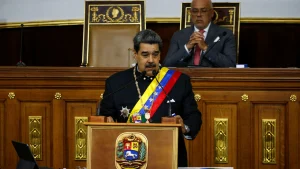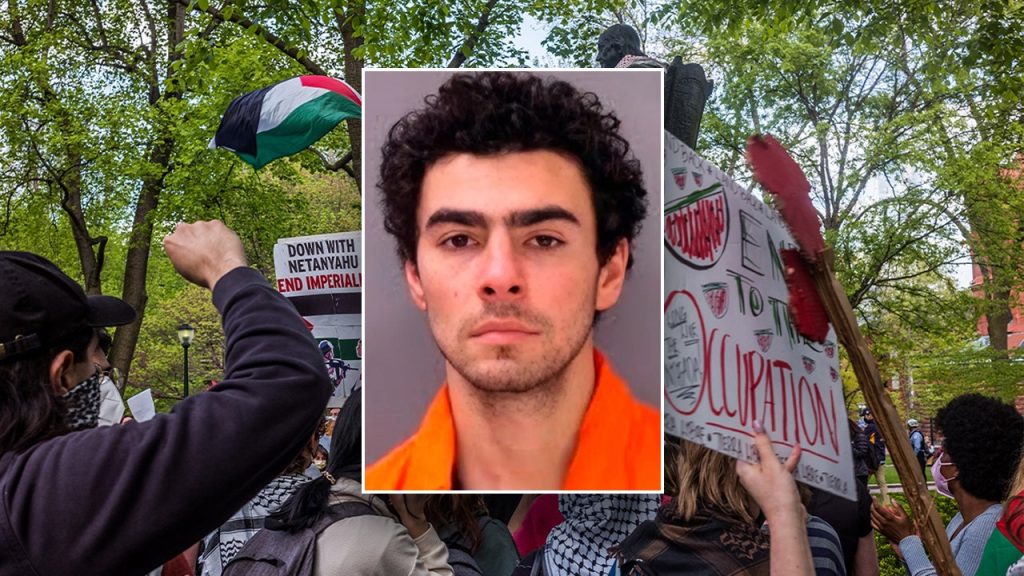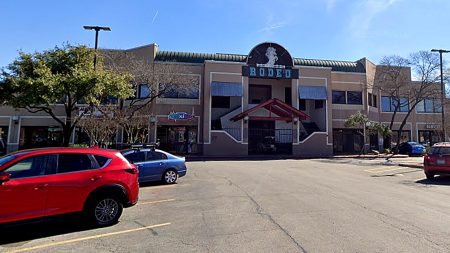The shocking murder of UnitedHealthcare CEO Brian Thompson has brought into sharp focus the potential for radicalization within the seemingly hallowed halls of Ivy League institutions. Luigi Nicholas Mangione, a graduate of the prestigious University of Pennsylvania with degrees in computer science, stands accused of Thompson’s murder, a stark contrast to his privileged upbringing and academic achievements. The case has ignited a debate about the ideological climate on elite campuses and the extent to which they might contribute to extreme views. Cornell Law Professor William Jacobson argues that a pervasive left-leaning bias among faculty, coupled with anti-American and anti-capitalist sentiments, can create an environment conducive to radicalization. He points to a growing trend where activism is intertwined with teaching, blurring the lines between education and indoctrination. This, he suggests, could explain Mangione’s alleged hostility towards the health insurance industry, although he acknowledges the absence of definitive proof linking Mangione’s education to his alleged actions.
The discovery of Mangione’s manifesto, denouncing the health insurance industry and specifically mentioning UnitedHealthcare, coupled with his outburst during his court appearance, further underscores his anti-establishment views. Mangione’s online activity, including a Goodreads profile where he reviewed the Unabomber’s manifesto and highlighted a quote justifying violence as a means of survival, offers a disturbing glimpse into his mindset. While these pieces of evidence do not definitively establish a causal link between his education and his alleged crime, they paint a picture of a young man deeply disillusioned with societal structures. The fact that Mangione was found with fake IDs, a gun and silencer similar to those used in the killing, and his handwritten manifesto, indicates premeditation and planning, suggesting that his actions were not impulsive but rather the result of a calculated decision.
The incident involving a University of Pennsylvania professor who initially praised Mangione on social media, only to retract her statement later, highlights the complexities of the issue. While the university swiftly condemned the professor’s comments, the incident underscores the existence of voices within these institutions that may inadvertently contribute to a climate of animosity towards certain industries and individuals. Professor Jacobson’s argument is further bolstered by the experience of students at other Ivy League institutions, such as Princeton University, where students with conservative viewpoints have reported feeling discriminated against by faculty and peers. This perceived hostility towards differing perspectives can create an echo chamber where certain ideologies are amplified, potentially pushing individuals towards extreme viewpoints.
The case against Mangione revolves around the evidence found on him at the time of his arrest, including the weapon, silencer, fake IDs, and the manifesto. His outburst in court further reinforces his anti-establishment sentiment. While his academic background and online activities offer insights into his potential motivations, investigators will need to meticulously piece together the evidence to determine the exact factors that led to Thompson’s murder. The prosecution will likely focus on demonstrating premeditation and intent to establish second-degree murder, while the defense may explore any psychological factors or mitigating circumstances that could influence the outcome of the case.
The broader discussion about the potential for radicalization on college campuses requires a nuanced approach. While acknowledging the importance of academic freedom and encouraging diverse viewpoints, it’s crucial to distinguish between fostering critical thinking and promoting extremist ideologies. The case of Luigi Mangione serves as a cautionary tale, prompting a deeper examination of the potential unintended consequences of certain academic environments. Balancing the need for intellectual exploration with the responsibility to prevent the spread of harmful ideas remains a significant challenge for universities across the country.
Ultimately, the case of Luigi Mangione raises troubling questions about the potential for radicalization within elite academic settings. While it would be premature to draw definitive conclusions about the influence of his educational environment on his alleged actions, the evidence suggests a complex interplay of personal beliefs, societal influences, and potentially the ideological climate he was exposed to. The trial and subsequent investigations will hopefully shed more light on the specific factors that led to this tragic event, and the broader debate about the role of universities in shaping the views of their students will undoubtedly continue.











